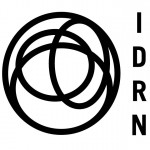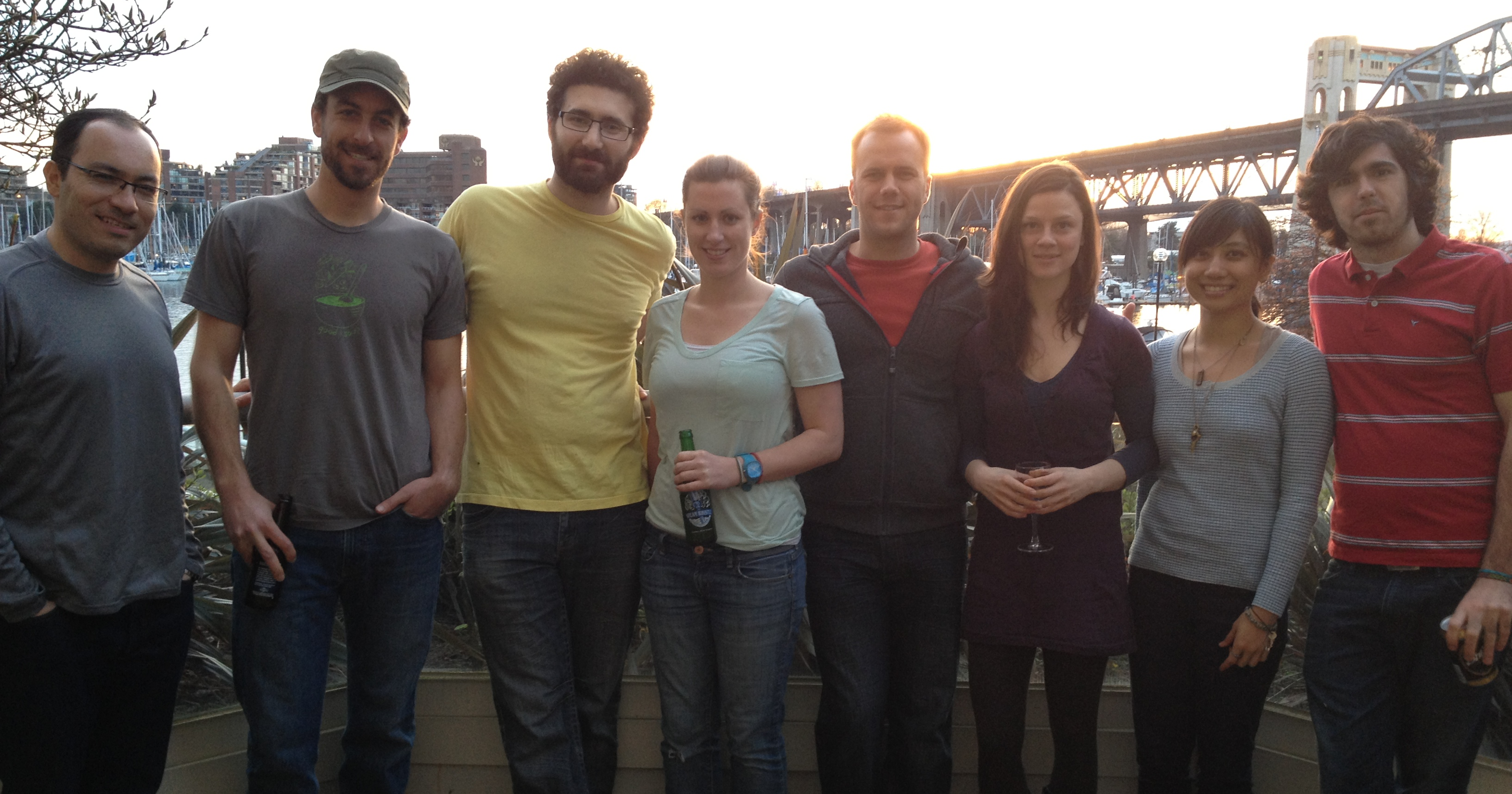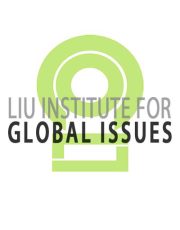Leadership Opportunity: IDRN Steering Committee openings
The International Development Research Network (IDRN) is looking for new Steering Committee Members to start immediately. IDRN is an initiative of the Liu Institute for Global Issues’ Liu Scholar Program. IDRN is a graduate student-driven network aiming to improve international development research and practice, focusing on improving links and communication between researchers across disciplines, and between researchers and practitioners. Past initiatives have included a conference bringing together researchers, graduate students and practitioners, and a Development Challenge that brought together multi-disciplinary teams to tackle real-word development issues.
The Opportunity
IDRN’s Steering Committee is the leadership team driving our organization’s activities and development. With a number of Steering Committee members graduating, IDRN is looking for up to five new members to join this team of passionate individuals working to improve international development research and practice. As IDRN is a young organization, Steering Committee appointments have considerable flexibility, and present a valuable opportunity for creativity and leadership in building and shaping not only IDRN’s initiatives, but also our vision and future development as an organization.
Roles and responsibilities
- Share in IDRN administrative and organizational tasks with other Steering Committee members
- Spearhead at least one IDRN initiative, of your choice, geared to improve international development research and/or its connection to international development practice
- Support initiatives being spearheaded by other Steering Committee members
- Work with the Steering Committee in organizational visioning and development
Time commitment
Average 2-3 hours per week for one academic year, plus additional as desired. IDRN breaks for the summer. There is a possibility to renew Steering Committee appointments for additional years.
Desirable qualifications and experience
- Passion for international development issues, research and practice
- Ability to work effectively and efficiently in a team of other passionate and driven individuals
- Leadership, initiative, creativity and enthusiasm
- Excellent communication and organizational skills
- Experience with international development research and practice would be an asset
- Graduate students will be given preference, although exceptional individuals intending to enter graduate studies next year may also be considered. Preference will be given to Liu Scholars, all else being equal.
For more information, and to apply for this opportunity, please come out to our first Open Meeting of the year, 1:30-2:30pm, Wednesday, October 17, 2012 at the AERL building in the ‘Fishbowl’ room on the 4th floor. Please come prepared to share a 1-2 minute introduction to who you are, why you are passionate about international development, and why you would like to join IDRN’s Steering Committee. We look forward to meeting you!



